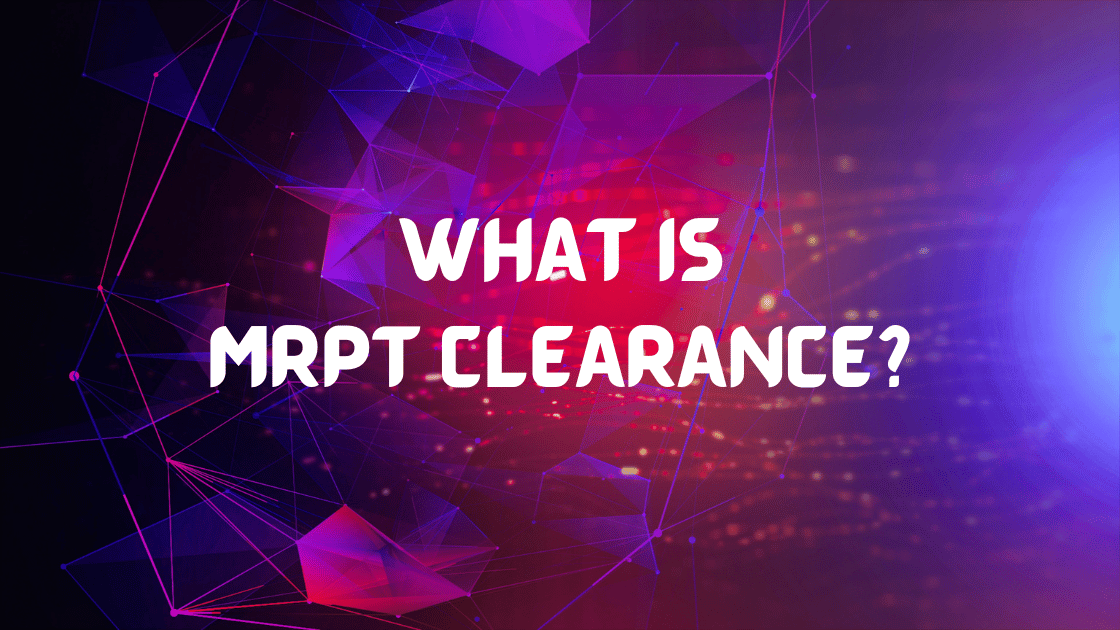MRPT clearances are used by the Department of State to vet foreign national employees and contractors requiring access to agency information. Following similar guidelines and investigations as public trusts but being more narrowly focused.
There can be various reasons you fail a security clearance investigation, with drug involvement often being one of them.
Reliability Check
Reliability checks are part of a clearance process, and can lead to either a Personnel Trust (PT) or security clearance. Both credentials offer different access rights and levels of risk when it comes to classified information; while PT looks into eligibility to hold positions while clearance investigates access levels. Tiers include Public Trust through Secret, Top Secret and Sensitive Compartmented Information (SCI), while SAP refers specifically to more sensitive categories like military technologies or projects.
Security Check
Security clearance processes are lengthy and complex, following stringent National Security Adjudicative Guidelines. A negative result could be due to criminal activity or mental health concerns; applicants will receive details as to what went wrong with their application and may also learn if any special access programs (SAPs) for which they do not qualify; these programs contain sensitive data with exceptional vulnerability that are only shared among people who need-to-know about it.
Mrpt Clearance provides access to classified information. Depending on your position and its requirements, either a Public Trust clearance, Secret or Top Secret clearance or even Moderate Risk Public Trust (MRT), which applies specifically for non defense positions vetting foreign employees and contractors who work on DoS projects; similarly it uses similar rules and investigations as its counterpart.
Developed Vetting
To be considered for many roles within central government or defence in the UK, you will require security vetting through UKSV (formerly UKSSVE). Most roles require SC clearance while some may also require enhanced SC or DV clearance levels – more information on both levels can be found on their website.
Vetting is a complex and thorough process that includes reviewing all aspects of your personal finances – including completing a financial questionnaire – as well as thoroughly checking both spent and unspent criminal records, as well as conducting a detailed interview with highly trained vetting officers from your department, who won’t share your information with other staff, yet may work in teams to perform certain checks; they will work closely with both an agency and authority to make sure their findings are correct; occasionally there may be delays due to investigations or need for second opinions – which would require greater effort on their part than usual!









Leave a Reply